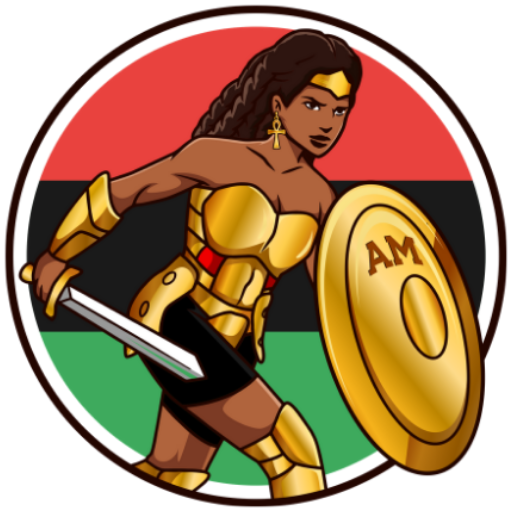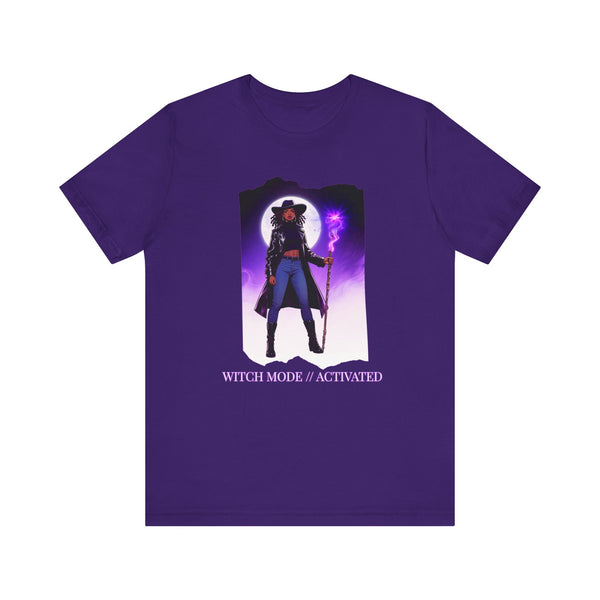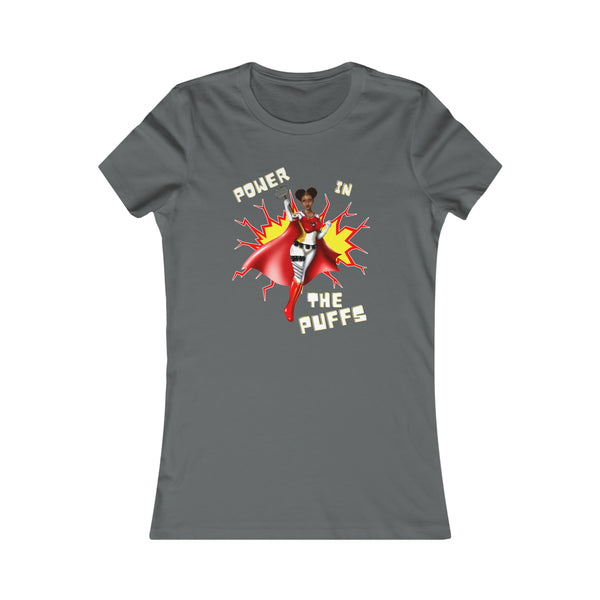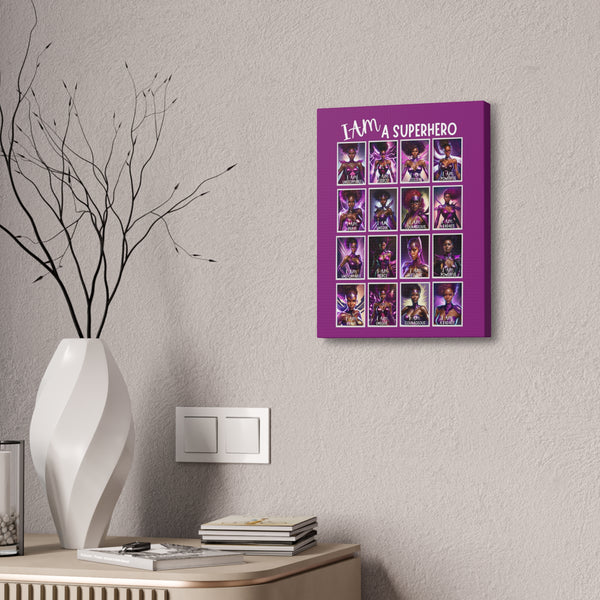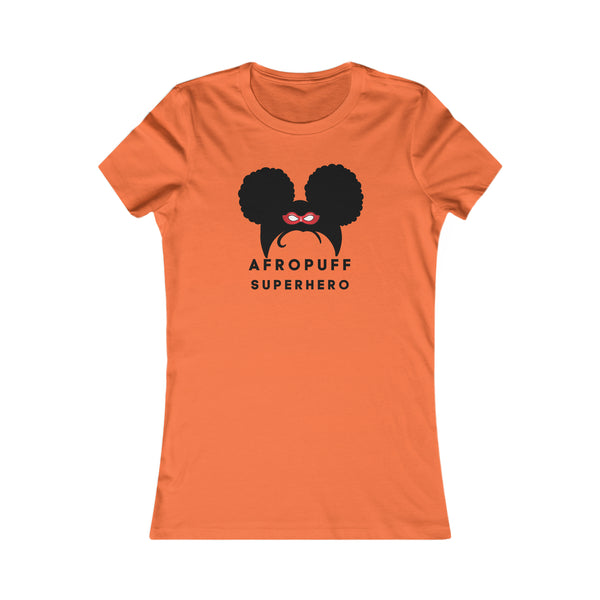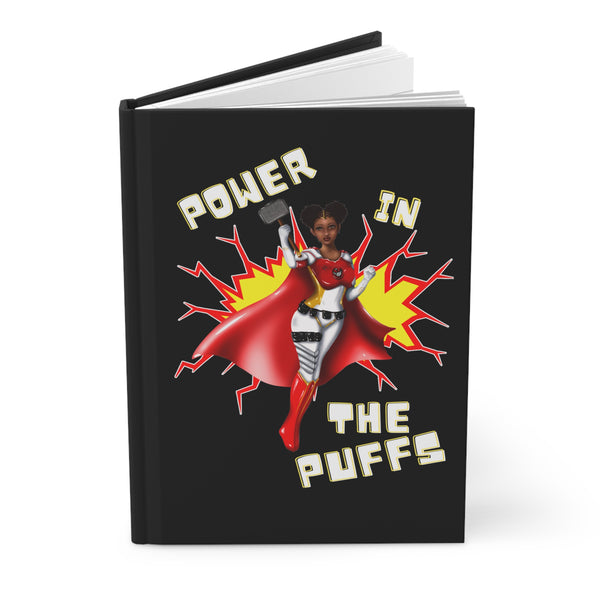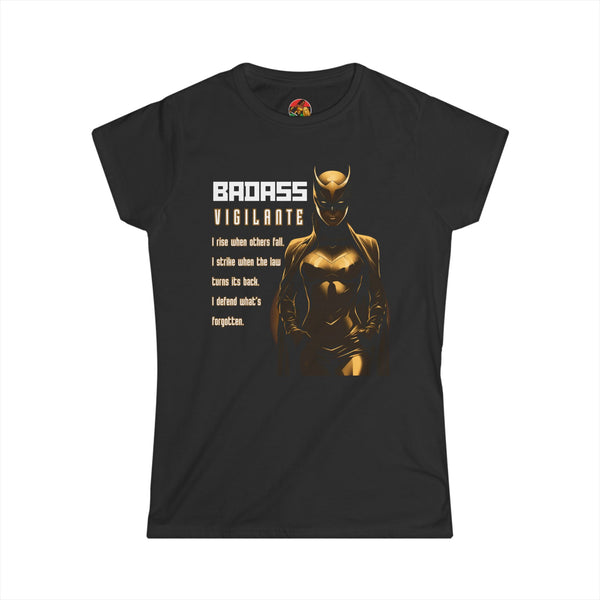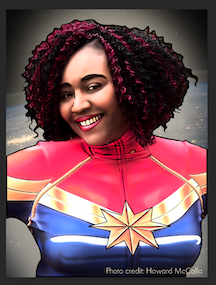
Guest Fest: Does Being Black Mean Writing Black? By Alicia Michaels
Share
I will start this post by admitting to living in a bit of a bubble my entire life. I’m a small town girl from the suburbs with two loving parents and a little brother. The small town I lived in was situated right beside Fort Hood Army base, the largest military installation in the world. While my father got out of the army before I got to Kindergarten, the presence of the military was a strong force in my community. As such, I am accustomed to a multicultural mix of people living and working around me. It is not unusual for soldiers to come home from overseas with Korean or German wives and for biracial children to dominate schools.
Because of the amount of troops living in the Fort Hood area, there are no ‘black’ or ‘white’ neighborhoods and while there are racist people—they do still exist EVERYWHERE—there is not a strong sense of divisiveness and I will admit to not experiencing many of the racist encounters that many people of the African-American race experience everyday in this country. In fact, one of the biggest issues I faced was bullying from girls of my own race, particularly in the area of light versus dark skin or good versus bad hair. But that is another story and in no way related to the topic of my post, so I digress.
I think that my upbringing plays a large part in my views on race, as well as my openness to people of other cultures and races. So when I began my career as an independent author, I did not think overmuch about the outer appearances of the characters in my books. I simply write the character as he or she appears in my mind with no thought to race, unless that race plays a role in that person’s personality (accent, attitudes toward others outside of a particular race, etc.). My first published work was a romance, written under another pen name. I have published several others under that pen name, and one under this one, all with a variety of people from average to stunning, thin to rubenesque, black to white. My goal was to reach people from all walks of life, and in order to obtain the results I wanted regarding readership, I naturally chose to write about different types of people in an effort to fill my backlist with books that appeal to everyone.
It wasn’t until I started diving into reader and author forums online, mostly the Goodreads site, that I realized many authors of my race do not feel the same way. Many of the discussions (most of which revolved around the topic of interracial love and relationships), had an undertone of “Us” versus ‘Them’, as in, Black Writers versus White writers or black books versus white book. I agreed with many of the complaints I read: one being that the creation of ‘black fiction’ sections in book stores and online have segregated not only the books, but the readers of those books.
The topic that did disturb, though, me was one about the colors of our characters, and crossing the racial lines of writing a character that doesn’t look like you. In fact, I found myself going toe to toe with an author who blasted me for my position on reading and writing books with non-black characters. I could tell that this author was from a different generation than me, and was less than thrilled by the reception her books—written around black characters—had received when she first got into the business of being an author. Her bitterness was evident in every word and after awhile it became clear that stating my position and defending it against her attacks was not going to accomplish anything. This author was already jaded and I was, quite frankly, not in the mood to continue a discussion that had swiftly turned into something else.
It got me to thinking long and hard about race in literature and in the choices we make based on our race and the race of book characters. For me, connection with a character in a book is not based on race in the least. I have read several books with black heroines and felt no connection, while often being able to connect better with a white or Hispanic character in another book. I have always looked for the common thread between myself and a book hero or heroine. I can identify with the heroine of a book because she is a woman, regardless of her race. Perhaps a white girl from the suburbs speaks to me a bit better than a black girl from Park Avenue, because of my upbringing. Or perhaps I can feel the pain of an Asian boy coping with the suicide of a family member after going through the same experience in my own life. For me, it has never been about race when it comes to reading. So, when I decided to tackle writing, how could I have let it be any different?
However, I am not idealistic enough to believe that everyone feels the same way I do. In fact, I have begun to see a double standard of sorts, as well as an attitude of ‘we have to prove that we are better than or just as good as “them”’. I have encountered many black authors that will only write characters of their own race because they feel they have something to prove, or because they feel that there are too many books flooding the market about white folks, and not enough about black. I have to say that I find it disconcerting, to say the least. To many who maintain this view, I pose this question: How would those words sound to you if they were coming from a white author instead of a black author?
I have witnessed this time and time again, people of a certain race speaking of being true to ‘our people’ and ‘our culture’. I have watched those same people crucify Caucasians for speaking the exact same words. If a white author were to conduct an interview and confess to having no intention of writing about characters that were not Caucasian, they would be accused of being narrow-minded, racist, and behind the times. So I ask you: Does being black necessarily mean writing black? Does the color of my skin dictate the characters that I write? In the minds of that woman I argued with the Goodreads forum, and many other authors out there, the answer is yes. Honestly, it makes me sad that we think this way. I feel sorry for people who might miss out on the wonderful works of Suzanne Collins or J.K. Rowling because they or their characters are white. I feel just as sorry for them as I do for those who may never experience the beauty that is Alice Walker’s The Color Purple, my favorite novel of all time, because the writer and characters are black.
I feel that this divisive attitude has no place in the literary world…on either side. Am I being a bit idealistic? Perhaps. As I told you before, I lived most of my life in a multicultural bubble. However, I like to think that when a reader picks up a book written by me, they are not concerned with my race or that of my characters. In fact, I like to think that they don’t even know what color I am until they get to the back of the book, and by then, they’re already hooked. My hope is that they find something of themselves between the pages, or something of the people in their lives or families. This is the beauty of America, the melting pot that is our culture as Americans. That I, a black girl from the suburbs, might be able to identify on some level with a white girl from the projects, or an Asian girl from the top of the hill is very powerful. It points to the joint culture that we share as a country, as well as the potential for cross cultural unity. If we can live this way in the real world, why not in the literary world?
Ever since she first read books like Chronicles of Narnia or Goosebumps, Alicia has been a lover of mind-bending fiction. Wherever imagination takes her, she is more than happy to call that place her home. The mother of two and wife to an Army sergeant loves chocolate, coffee, and of course good books. When not writing, you can usually find her with her nose in a book, shopping for shoes and fabulous jewelry, or spending time with her loving family. Alicia can be found on the web at any of the following links: www.fantasybyalicia.com
www.facebook.com/fantasybyalicia
www.goodreads.com/alicia_michaels
Follow her at Twitter: @fantasybyalicia
Works by Alicia:

These are dark times in the land of Fallada, and I fear that they will only continue to grow darker. Only the return of those we’ve lost will even the score.
It will begin with first line of the prophecy, which foretells of a red sun over the desert sky…
--Adrah, Queen of the Fae
On the outside, seventeen year-old Selena McKinley is like any other teenage girl. Yet Selena has always felt as if she doesn’t belong and is counting the days to graduation and her freedom from the small town that makes her feel so out of place, when the arrival of a stranger turns her world upside down. Selena will learn just how different she is and the truth of where she comes from.
A lost princess, they call her, the catalyst for a war involving a world that Selena was taken from as a child. An evil queen obsessed with her own beauty with a plan to enslave the human race.…the notion seems so silly, yet Selena knows in her heart that it is true. Then there is Titus, the shape shifter whose blue eyes and claims of destiny hold her heart captive. Can Selena find the strength to do what she must while following her heart?
Now Available at Amazon (Coming soon in print):
Coming November 2012

All I ever wanted was to be a normal girl. I had dreams of joining the ranks of the Military Police and making my family proud. But the nuclear war that laid waste to our country destroyed any hope I had of being normal ever again. They took everything away from me, including my humanity. I am now half-human, half-machine, part of the never-ending freak show that is the Restoration Project.
They hate what they created and they fear us for being powerful.
And so they hunt us, destroying our lives so that they can bury what they built. What they don’t know is this: there is a Resistance out there and The Bionics aren’t going down without a fight.
**Due to coarse language and mild sexual innuendo, this story is not recommended for teens under the age of sixteen.**
